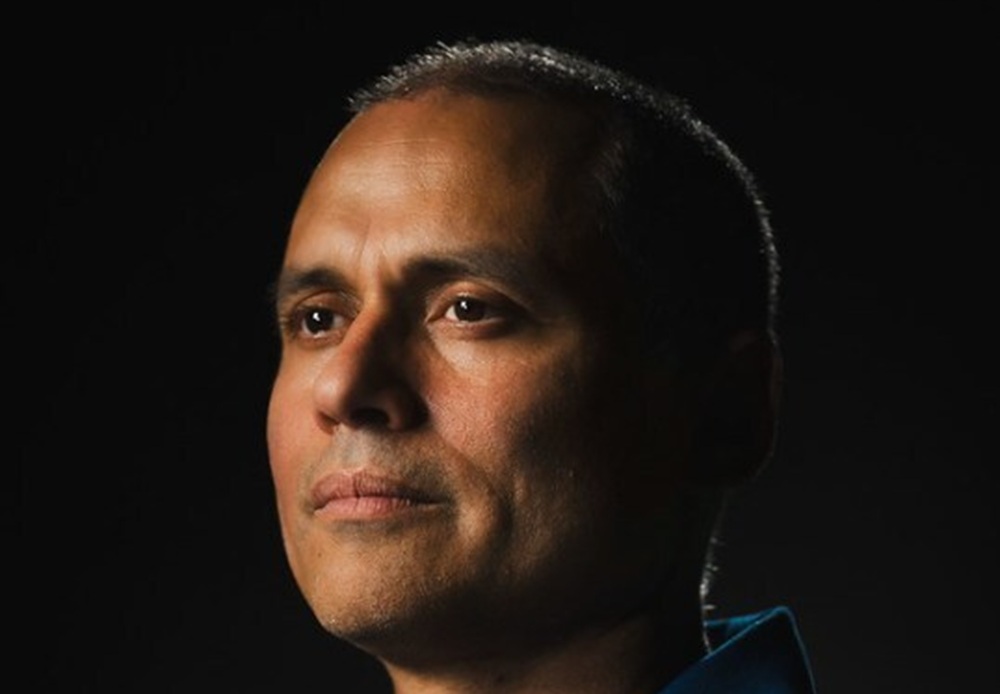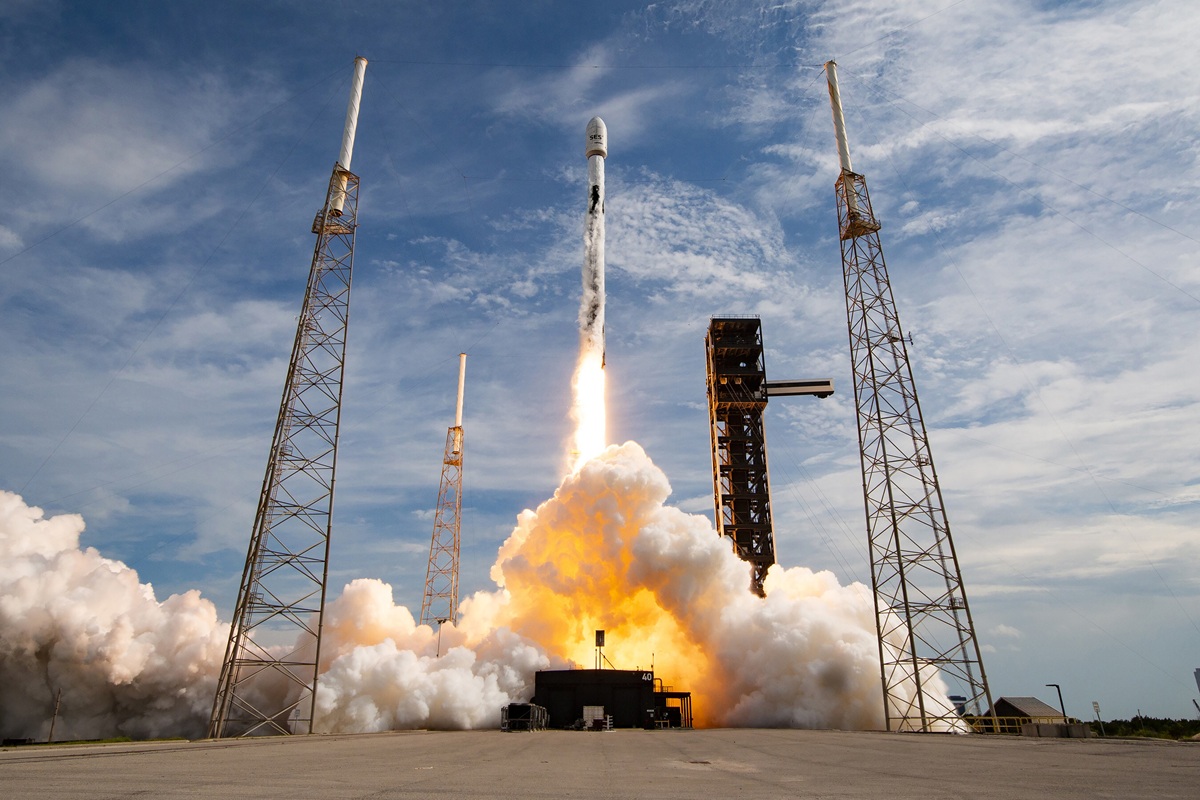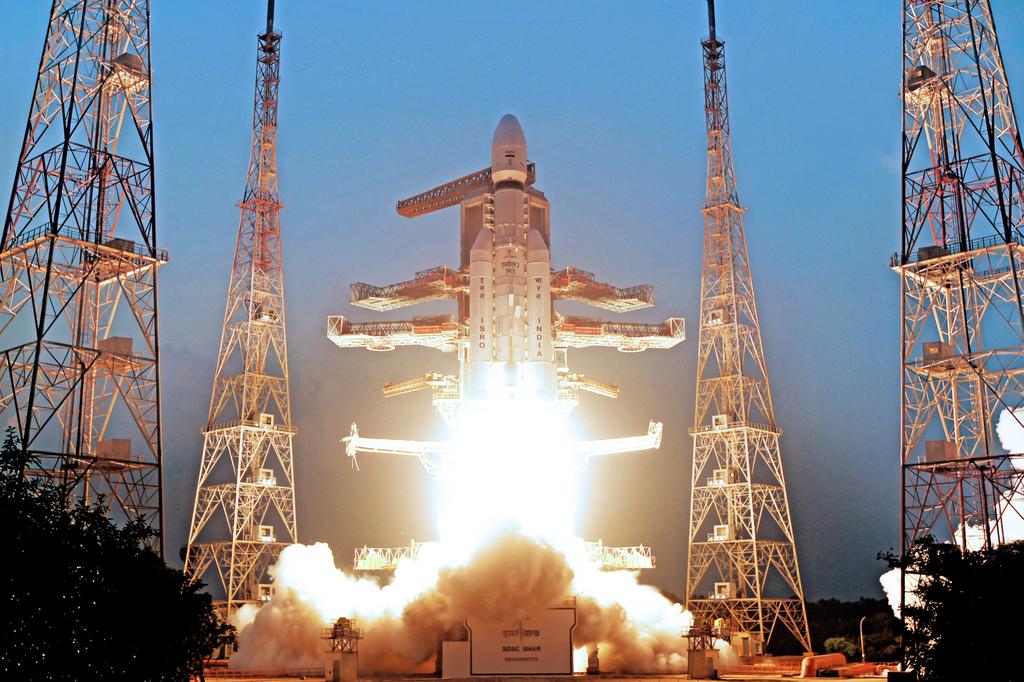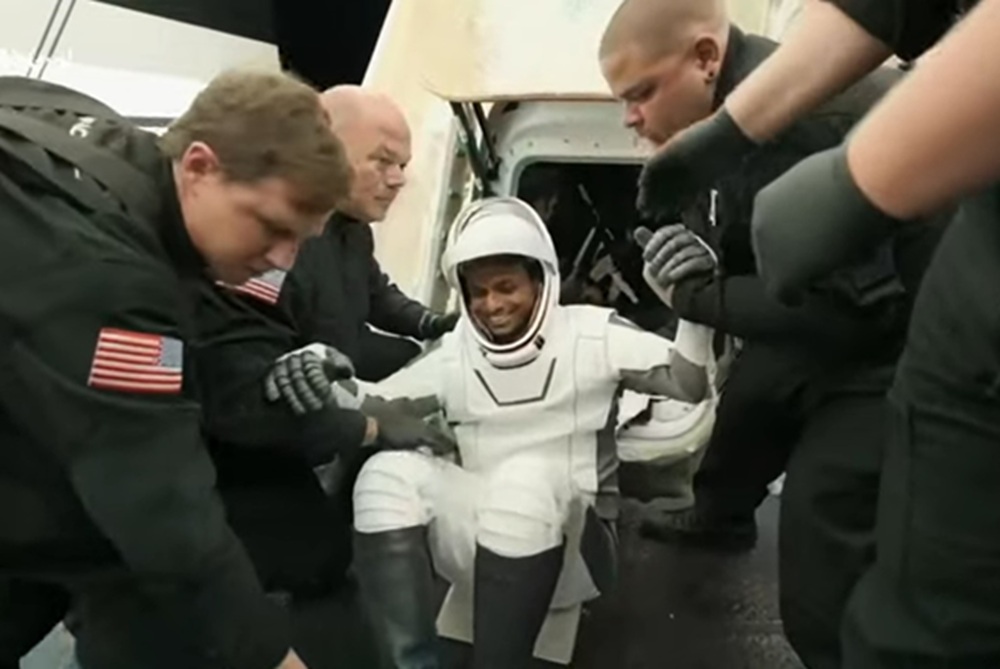Washington: NASA has officially announced that astronaut Anil Menon will embark on his inaugural mission to the International Space Station (ISS) as a flight engineer and a vital member of Expedition 75. This upcoming mission marks a significant milestone in Menon’s distinguished career and highlights NASA’s ongoing commitment to advancing human space exploration.
Anil Menon is scheduled to launch in June 2026 aboard the Roscosmos Soyuz MS-29 spacecraft from the Baikonur Cosmodrome in Kazakhstan. He will be joined by Russian cosmonauts Pyotr Dubrov and Anna Kikina. The crew is expected to spend approximately eight months living and working aboard the ISS, conducting a wide range of scientific experiments and technology demonstrations.
During Expedition 75, Menon and his crewmates will focus on critical scientific investigations and technology demonstrations designed to prepare humanity for future deep space missions. Their work aboard the ISS will contribute to expanding our understanding of space environments and improving technologies that benefit life on Earth and beyond.
NASA’s research aboard the ISS supports the agency’s Artemis program, which aims to return humans to the Moon and eventually send astronauts to Mars. The experiments conducted during Menon’s mission will help lay the groundwork for these ambitious goals, as well as support the expansion of commercial activities in low Earth orbit.
Selected as a NASA astronaut in 2021 and graduating with the 23rd astronaut class in 2024, Anil Menon brings a rare combination of skills to his first spaceflight. Born and raised in Minneapolis, Menon is an emergency medicine physician, mechanical engineer, and a colonel in the United States Space Force.
Menon holds a bachelor’s degree in neurobiology from Harvard University, a master’s degree in mechanical engineering, and a medical degree from Stanford University. He completed his residency training in emergency medicine and aerospace medicine at Stanford and the University of Texas Medical Branch in Galveston.
Beyond his astronaut training, Menon has played a pivotal role in human spaceflight through his work as SpaceX’s first flight surgeon. He was instrumental in launching the first crewed Dragon spacecraft during NASA’s SpaceX Demo-2 mission and helped establish SpaceX’s medical infrastructure to support future crewed missions.
Menon has also served as a crew flight surgeon for both SpaceX missions and NASA expeditions aboard the ISS, providing critical medical support to astronauts in orbit. Despite his demanding schedule, he continues to practice emergency medicine at Memorial Hermann’s Texas Medical Center and teaches residents in the University of Texas residency program.
For nearly 25 years, the ISS has been humanity’s outpost in low Earth orbit, hosting continuous human presence and enabling groundbreaking research. The space station serves as a unique laboratory where scientists and astronauts conduct experiments that cannot be performed on Earth, advancing knowledge in fields such as biology, physics, and materials science.
NASA’s long-term vision includes leveraging the ISS to prepare for deep space exploration missions, including lunar surface operations under the Artemis campaign and eventual human missions to Mars. The station also plays a vital role in fostering commercial partnerships and expanding economic opportunities in space.
Anil Menon’s upcoming mission to the International Space Station represents a new chapter in NASA’s exploration journey. His multidisciplinary expertise and dedication to advancing human health and spaceflight safety will be invaluable as NASA pushes the boundaries of what is possible in space.
As one of the few astronauts of Indian descent selected by NASA, Menon’s upcoming mission to the International Space Station in 2026 holds special significance for the Indian community worldwide. His journey highlights the growing presence and contributions of Indian-origin professionals in global space programs, fostering pride and excitement across India and its diaspora.





